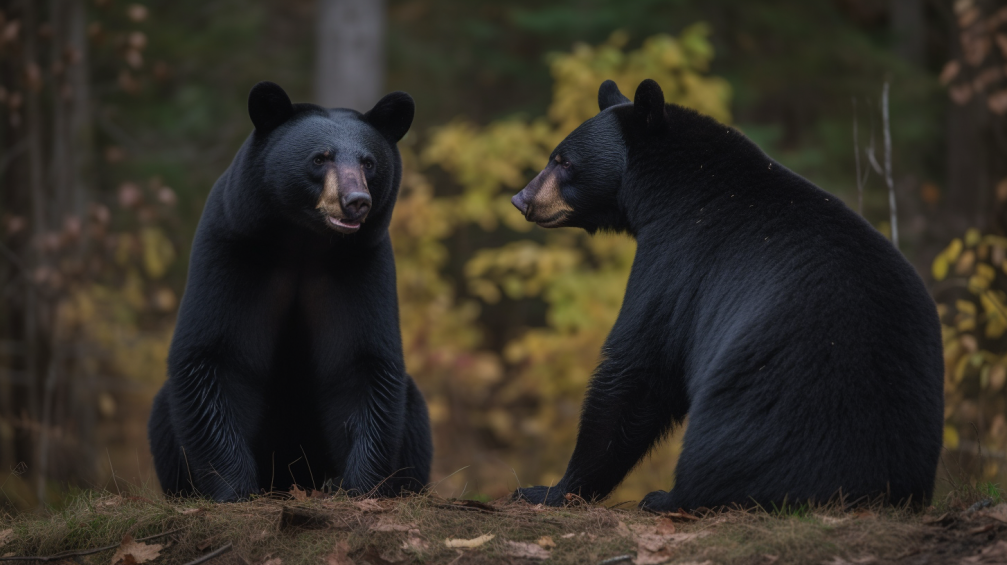In a potential move that has sparked concern among animal rights advocates, Louisiana is considering lifting a black bear hunting ban that has been in place for almost 40 years.
Jeff Dorson, the executive director of the Humane Society of Louisiana, initiated an online petition in late December in response to the state Department of Wildlife and Fisheries’ exploration of a process that could permit the hunting of up to 10 bears in the current year.
The petition, emphasizing the importance of educating residents to coexist with wildlife rather than resorting to lethal measures, has garnered over 7,500 signatures by January 17.
While black bears had nearly vanished from the state in the 1950s and 1960s, recent estimates from wildlife experts suggest a population rebound, with at least 1,212 bears identified in the Mississippi Delta and the Atchafalaya Basin. However, John Hanks, the manager of the Louisiana Department of Wildlife and Fisheries large carnivore program, believes this figure represents only 80% to 90% of the actual bear population.
Additional coverage from outdoor news:
- Rocky Mountain Elk Foundation alerts to potential consequences of a wild cat hunting ban in Colorado.
- Are Minnesota deer already out of the woods this winter?
- Retailers, bait dealers, and anglers express concern about the return of warmth to Minnesota.
Louisiana imposed a ban on bear hunting in 1988, and four years later, the black bear gained federal protections under the Endangered Species Act. In 2016, the U.S. Fish and Wildlife Service removed the bear from the endangered list, citing substantial recovery.
State biologists argue that a carefully managed hunting season would have minimal impact on the species. The proposed hunting season is slated for December 2024 and would be confined to the northeast corner of the state.
Advocates for hunting claim that culling a limited number of bears annually is essential to prevent them from becoming a nuisance in rural and suburban areas.
Mark Lance, a southern region coordinator for the Congressional Sportsmen’s Foundation, a hunting advocacy group, asserted, “There are increasing reports of bear conflicts, and hunting is the most desirable way to balance their numbers.”
However, opponents argue that resurrecting bear-hunting seasons poses a threat to the ongoing recovery of the species. Dorson contends that the state should focus on non-lethal measures and educate the public on coexistence rather than resorting to bear hunting.

